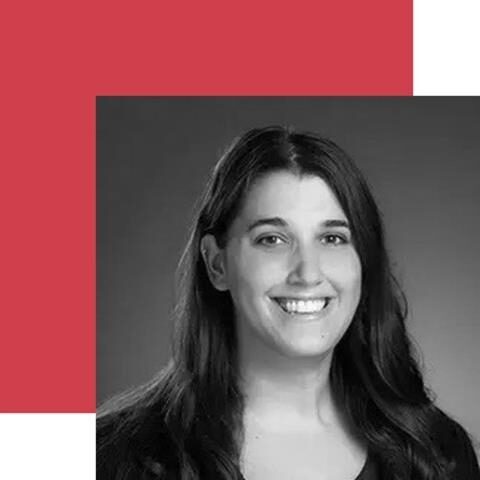February 01, 2024
Around the Table with Alexandra Stark
Three Questions with the Make Room Email Newsletter
Dr. Alexandra Stark is an Associate Policy Researcher at the RAND Corporation. She is the author of the forthcoming book The Yemen Model. The views expressed are those of the author and do not reflect the position of the RAND Corporation.
What were some obstacles you faced when you were breaking into the national security field? How did you overcome said obstacles?
Many DC organizations kind of famously have a major gap between entry-level and more senior positions. There just aren’t many mid-career opportunities available at places like think tanks in particular, so it can be hard to figure out how to jump from one rung of the career ladder to the next. This is partially why I decided to get a PhD: grad school is one way to go, but service in government or a practitioner role is another good way to bridge that gap. I also encourage folks to look for policy-related jobs outside of the usual think tanks or government roles. The advocacy community has a bunch of great research opportunities to learn more about how policy is made, for example.
How do you go about coming up with creative policy ideas, especially those in the field that require intense long-form writing and analysis?
Good policy writing comes from really knowing the subject matter, and the parameters of what people have and have not recommended in the past. I would love to see more truly innovative and creative policy ideas circulating. One way to think outside of the box is to truly reorient how we think about a particular policy issue. For example, if climate change truly is the central security challenge that we face, how should the U.S. approach to Middle East policy look different? I’d rather see big swings that maybe sound less pragmatic or even naïve than more conventional policy recommendations.
The key to writing for me has been lots and lots (and lots) of practice. I’ve written so many terrible, boring drafts and worked with great editors to understand how to make my writing better. Reading widely is also really helpful, as is identifying writers whose style you admire and trying to figure out how they do what they do.
How has mentorship influenced your career?
Mentorship has been absolutely critical for me! I’m so lucky to have benefitted from the wisdom and support of my PhD advisors and a few fabulous bosses. Especially earlier in your career, I think having a great boss can be more important than the subject matter of what you work on. A good mentor or boss will help you find ways to grow your skills and experience while delivering honest feedback that genuinely helps you improve. Having “peer mentors” is also super important. Knowing someone who’s maybe a year or two ahead of you and who can give you advice and feedback is sometimes even more useful than having a super fancy or high-placed ‘mentor.’
Subscribe
Sign up to receive the Make Room newsletter every month in your inbox.

